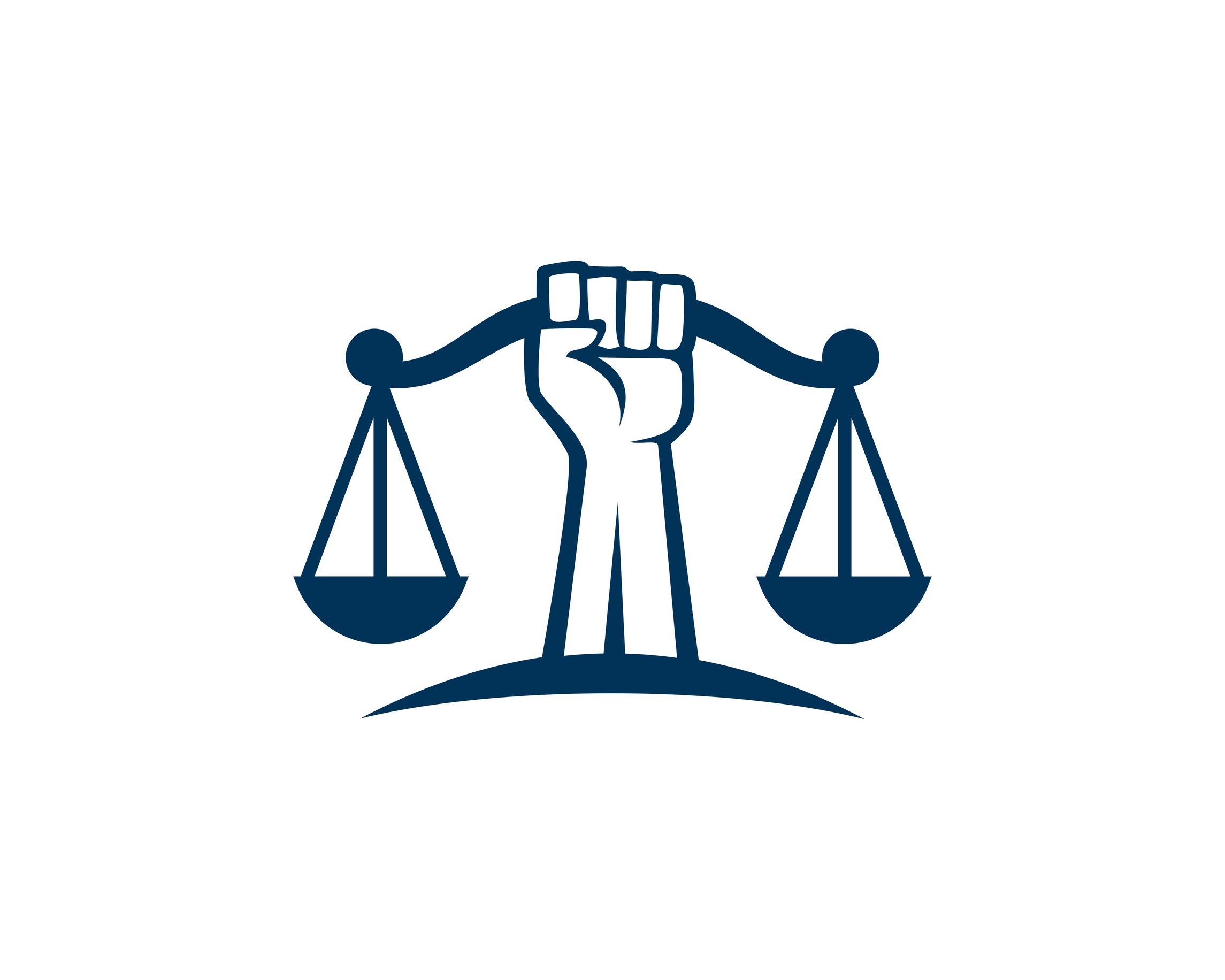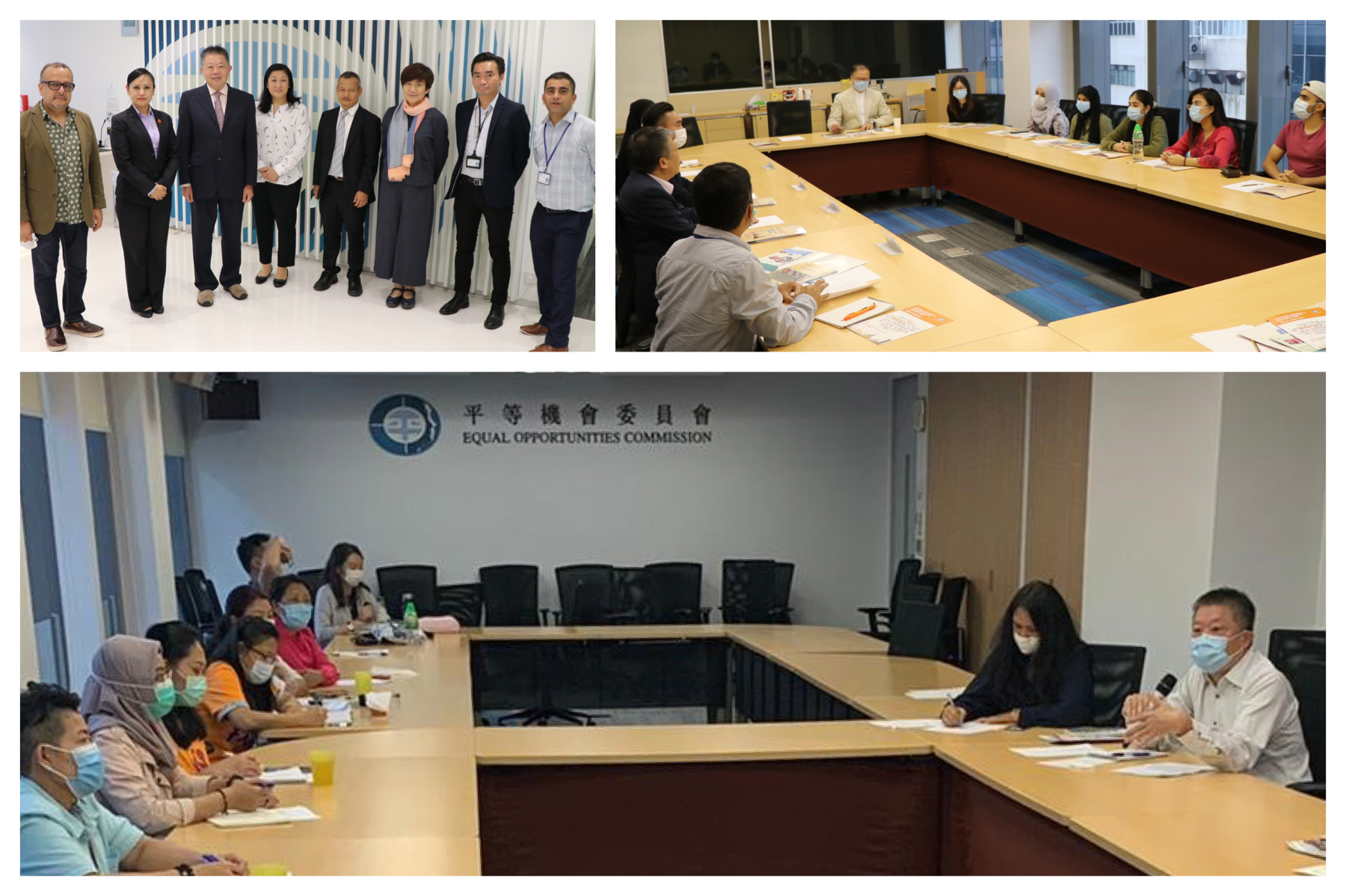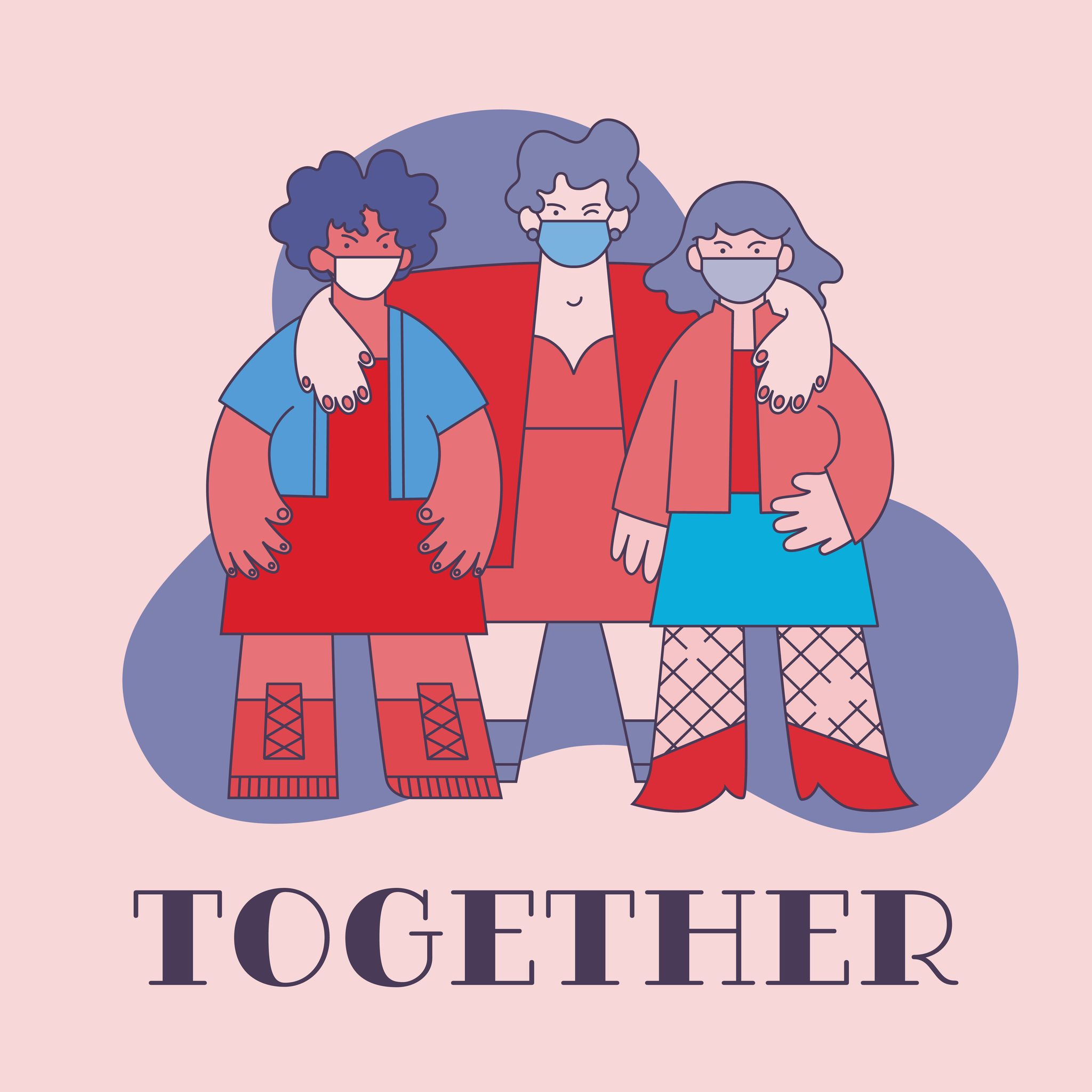
On 18 May 2020, EOC Chairperson, Mr Ricky CHU Man-kin briefed the Legislative Council Panel on Constitutional Affairs about work progress made by the Commission in 2019/20 and its focuses for 2020/21.
As Mr Chu pointed out in his introduction, the number of enquiries and complaints received by the EOC in 2019/20 has gone up from the previous year, reflecting growing public concerns over discrimination, harassment and vilification amid the city’s social unrest in 2019 and the COVID-19 outbreak that hit Hong Kong in 2020. The issues raised included allegations of sexual harassment committed against/by protestors, refusal of services to Putonghua speakers and visitors from mainland China, and remarks made by public officers, among others. While the EOC continues to handle all cases according to its statutory remit and principle of impartiality, it has also stepped up its educational efforts – through interviews, statements, publications and digital content – to explain how the anti-discrimination ordinances may or may not apply to matters of public concern.
Moving into 2020/21, the EOC will elevate its work to a more strategic level. From kick-starting the operation of a new Anti-Sexual Harassment Unit and co-organising a conference about female carers with disability to wrapping up a feasibility study on the accreditation of interpreters working with ethnic minority languages, the EOC plans to tackle gender, disability, family status and racial discrimination not only by spotlighting problems, but also through creating solutions.
Where resources permit, the EOC will also attempt to review the current legal regime, consult stakeholders and draw up proposals to strengthen protection against discrimination based on sexual orientation, gender identity, intersex status, age and residency status. Indeed, calls for legislative change have intensified recently amid the social unrest since last June, significant court rulings on LGBTI rights, as well as various controversies and grievances stemming from the COVID-19 pandemic.
As our society appears plagued with deepening polarisation, the EOC is confronted with the unprecedented challenge of promoting empathy and inclusion to a divided public. Be that as it may, the Commission remains the city’s sole statutory and independent body dedicated to championing the value of equal opportunity, and expectations for the EOC to fulfil this role remain fervent among those living on the margins of society. With eyes set on a better future, the EOC will continue to strategise, innovate, and work with all sectors in society to build a city free from prejudice and discrimination.
Read the EOC’s submission to the Legislative Council
Read the speech Mr Chu delivered at the meeting (Chinese only)
2

On 25 May 2020, the EOC issued legal proceedings under the Family Status Discrimination Ordinance (FSDO) in the District Court, on behalf of a woman (the Claimant) who previously worked for a company (the Respondent) as Senior Art Director. The Claimant claimed that the Respondent dismissed her on the ground of her family status.
Under the FSDO, the family status of a person refers to her/his status of having responsibility for the care of an immediate family member related by blood, marriage, adoption or affinity, such as her/his child. The FSDO protects individuals from family status discrimination in various areas, including employment and the provision of goods, services and facilities.
In order to discharge her responsibility for the care of her newborn child, the Claimant had to express breast milk during her working hours, and was consequently subject to family status discrimination. The Claimant alleged that the Respondent did not provide appropriate accommodation for her to pump milk at work. Upon the Claimant’s return to work after her maternity leave, she was dismissed by the Respondent on the ground of her family status, i.e. her responsibility of taking care of her newborn child.
By taking this case to Court, the EOC hopes to remind employers that it is unlawful to discriminate against employees because of their family status under the FSDO.
Read the Code of Practice on Employment under the FSDO
3

To gain a deeper understanding of the difficulties facing different ethnic minority communities and find ways to alleviate their plight that has been heightened by the COVID-19 outbreak, Mr Ricky CHU Man-kin, Chairperson of the EOC recently met with representatives of various organisations, including the Hong Kong Nepalese Federation, the Hong Kong Federation of Asian Domestic Workers Unions, and Caritas Youth and Community Service. The EOC subsequently published an op-ed article on Stand News and EJ Insight, calling for a wider recognition of the contributions made by ethnic minorities to Hong Kong, and greater cultural sensitivity among policymakers and the public.
The pandemic has exposed long-standing language barriers that impede access to information for ethnic minorities. While official information on health protection and quarantine measures is now available in minority languages, such as Bahasa Indonesia, Bengali, Hindi, Nepali, Sinhalese, Tagalog, Thai, Urdu and Vietnamese, the translation is sometimes incomplete or even inaccurate. The EOC has therefore written to the Centre for Health Protection, urging for better quality checks on the translation.
In addition, as a considerable number of ethnic minority employees work in some of the hardest hit industries, including aviation, catering, construction, hospitality and others, some have been laid off or put on unpaid leave. Community leaders have also pointed out that although the Government has rolled out subsidy schemes and other relief measures, some people may be reluctant to apply as they see self-reliance as a virtue and are discouraged by the social stigma around recipients of social security assistance. The EOC plans to relay these concerns to relevant authorities, with a view to ensuring that relief measures and related publicity efforts can properly address the needs of ethnic minorities.
Foreign domestic workers, too, have their share of challenges. Whether it is the pressure of additional work demands or the fear of getting dismissed after going out on a rest day, the onslaught of COVID-19 has taken a toll on both their physical and mental health. In a letter to the Department of Health, the EOC has requested that the Government provide more guidance for foreign domestic workers living with employers who are under home quarantine. The EOC has also released an article in am730 appealing to employers to show greater empathy, while publishing an FAQ on its dedicated COVID-19 webpage to explain the rights of foreign domestic workers under the anti-discrimination law. Click the links below to learn more.
Read the article on Stand News and EJ Insight
Read the FAQ (Bahasa Indonesia, Nepali, Tagalog and Thai versions soon to be available here)
Read the article in am730 (Chinese only)
4

EOC Chairperson, Mr Ricky CHU Man-kin will join a panel of four to discuss the challenges facing women in Hong Kong amid the pandemic at the Annual Gender Role Workshop, to be held on Zoom by Gender Research Centre of The Chinese University of Hong Kong on 30 May 2020, from 2pm – 5pm.
Other speakers include Ms Mabel AU, Chairperson of The Association for the Advancement of Feminism; Ms Si-si LIU, Director of the Hong Kong Federation of Women’s Centres; and Ms WU Mei-lin, Director of the Hong Kong Women Workers’ Association. The discussion will be conducted in Cantonese and moderated by Prof Susanne CHOI, EOC Member and Co-director of the Gender Research Centre.
The panel is part of a larger workshop entitled “Reflections on COVID-19 and Gender Equality”, which also features a presentation in English from Prof Karen GRÉPIN and Ms Nimisha VANDAN from the School of Public Health of The University of Hong Kong, themed “Gendered Impacts of COVID-19: Global and Local Perspectives”.
Indeed, women have been disproportionately affected by the outbreak of COVID-19. From unpaid care work and the financial vulnerability of part-time working women to a rise of domestic violence cases, deep-seated issues of gender inequality have once again resurfaced. The workshop offers a much-needed look at how governments can safeguard women’s rights in these difficult times through gender-conscious policymaking.
Learn more about the event on Facebook
Sign up now




